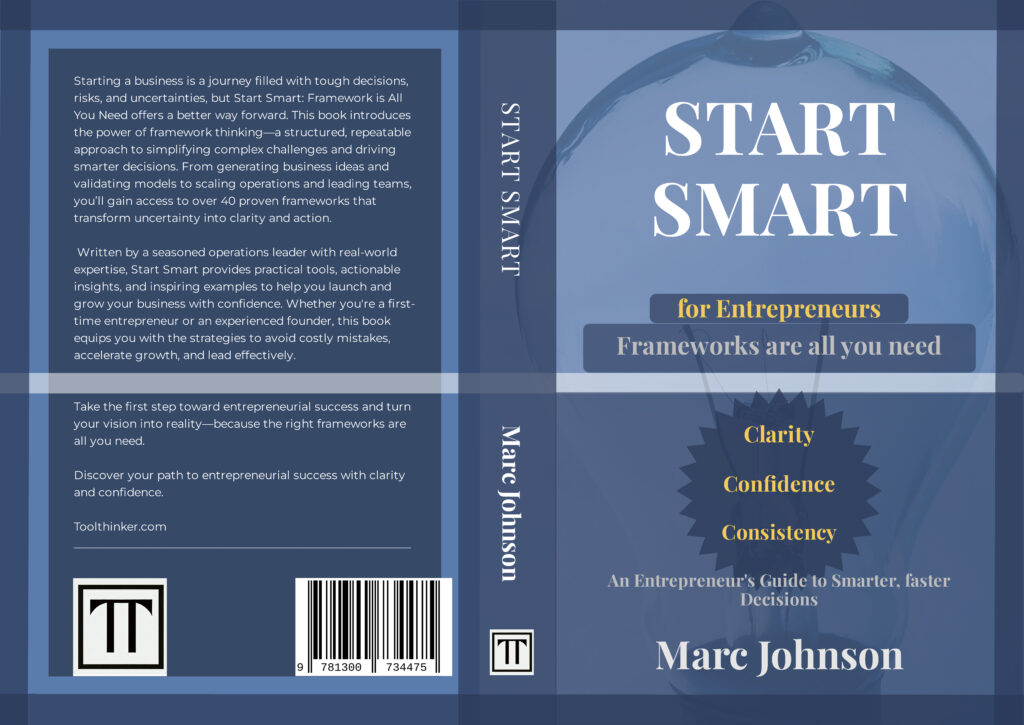1. Preparation Stage

Characteristics
Planning and organizing learning efforts.
Clearly defining what to learn and why.
Prioritizing topics or skills based on importance and relevance.
Breaking down large goals into manageable steps.
Establishing timelines and objectives for learning.
Benefits
Clarity and Focus
Motivation
Efficiency
Reduced complexity
Alignment with Goals
Define clear learning objectives, set priorities, and plan how to approach the learning process
2. Acquisition Stage

Characteristics
Gathering and absorbing knowledge or skills.
Employing techniques to enhance memory retention and understanding.
Focusing on comprehension rather than mere memorization.
Active engagement with learning materials through questioning, summarizing, or teaching.
Benefits
Effective Retention
Time Optimization
Deeper Understanding
Flexibility
Systematic Progression
Absorb knowledge efficiently and effectively, focusing on understanding and retaining key concepts.
3. Application and Reflection Stage

Characteristics
Using acquired knowledge in practical, real-world situations.
Evaluating outcomes to identify strengths and weaknesses.
Reflecting on experiences to refine understanding and methods.
Iterative improvement based on feedback and results.
Benefits
Skill Reinforcement
Real-World Relevance
Continuous Improvement
Critical Thinking
Adaptability
Apply the knowledge in practical scenarios, evaluate outcomes, and refine understanding.
More Resources
About this book
Start Smart: A Framework Thinking Guide for Entrepreneurs transforms the way you approach business, offering proven frameworks to guide every step of your entrepreneurial journey. From sparking ideas and validating opportunities to crafting a strategic business plan and scaling for growth, this practical guide delivers clarity, structure, and actionable insights. Designed for aspiring entrepreneurs, first-time founders, and seasoned business owners alike, this book empowers you to make smarter decisions, mitigate risks, and unlock long-term success. Start Smart is your blueprint to building a thriving business in a structured, efficient, and impactful way.”
Table of Contents
Toggle

Benefits
Clarity and Confidence in Decision-Making The book introduces proven frameworks that simplify complex challenges and provide clear, step-by-step processes to guide your entrepreneurial decisions.
Efficiency and Time-Saving By leveraging pre-built frameworks like the Lean Canvas, Business Model Canvas, and SWOT Analysis, you save time and effort in tackling common business challenges.
- Risk Reduction and Sustainable Growth The book equips you with frameworks to identify, analyze, and mitigate potential risks.
